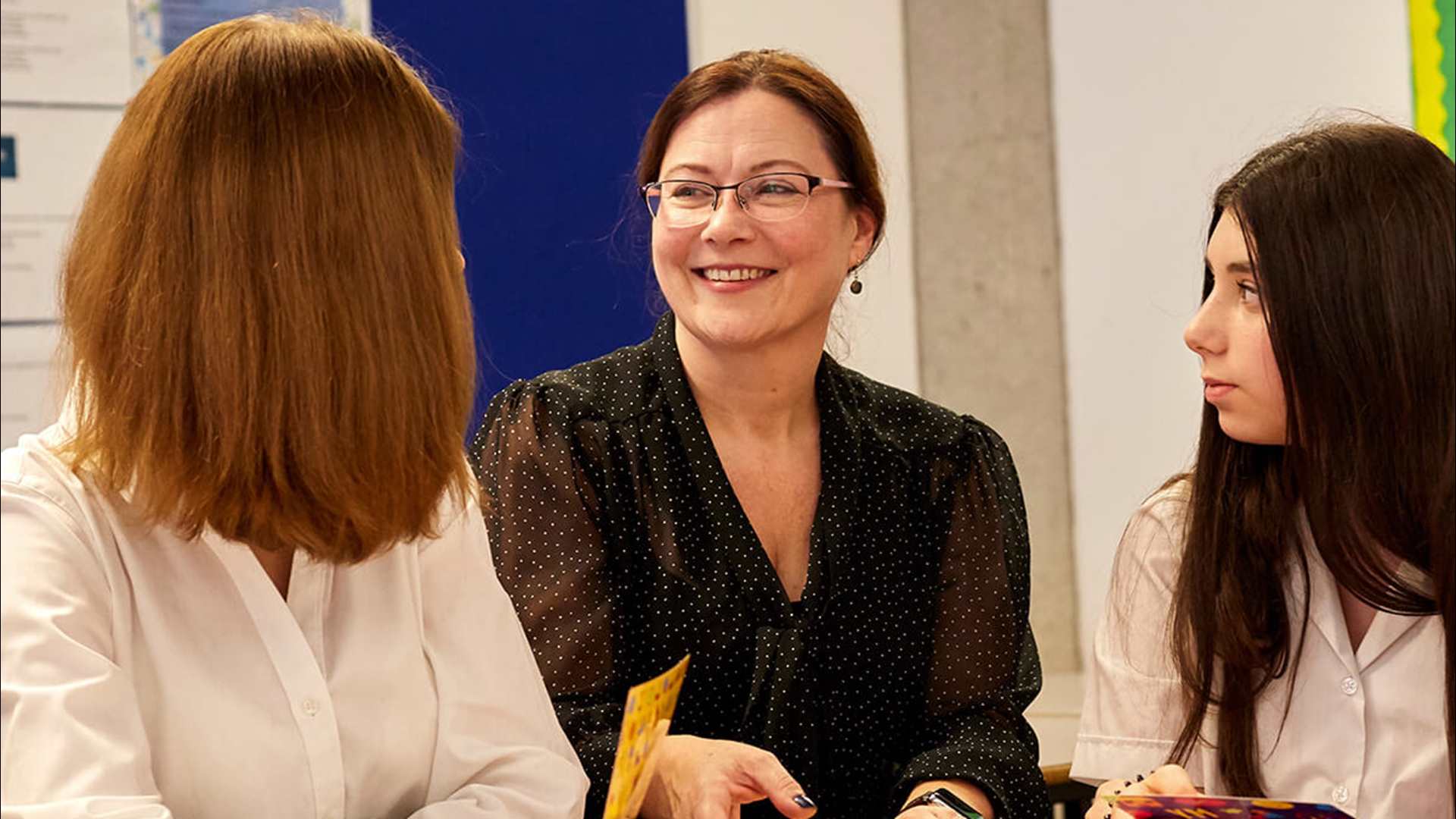Topic: Mental health in schools
New research by YoungMinds shows that many young people with mental health problems are struggling to cope as they return to secondary school, after months of living through the COVID-19 crisis. The charity strongly welcomes the reopening of schools, but warns that schools urgently need new funding to provide wellbeing and mental health support to meet the growing needs.
In a survey with 2,011 11-18 year olds with a history of mental health needs [1], carried out during the first four weeks of the new term [2], 61% of respondents agreed that their mental health had initially got worse since returning to school, while only 27% said that it had got better. Only 15% agreed that there was enough information and support available for their mental health at their school, while 58% disagreed.
Almost a quarter of respondents (23%) said that there was less mental health support in their school than before the pandemic, while only 9% agreed that there was more mental health support.
The research suggests that schools face intense pressure to prioritise academic catch-up and safety measures, and that many do not have sufficient resources to make wellbeing and mental health a priority.
The findings show:
- 69% of respondents described their mental health as poor now that they are back at school; this has risen from 58% who described their mental health as poor before returning to school.
- 40% of respondents said that there was no school counsellor available to support students in their school
- Only 27% had had a one-to-one conversation with a teacher or another member of staff in which they were asked about their wellbeing, by the time they completed the survey.
The research highlighted positives for mental health in the initial return to school, with respondents indicating that seeing friends, having a routine, and seeing their teachers were beneficial. However, many said that the rapid return to academic pressure, after six months away, was having a negative impact. Others raised concerns about safety, social distancing measures, and difficult relationships with peers, including bullying.
“The pandemic has put a huge strain on many young people who were already struggling with their mental health, because of traumatic experiences, social isolation, a loss of routine and a breakdown in formal and informal support.
“While it’s extremely welcome that secondary schools have reopened, our research shows that young people with mental health problems have often not had a ‘soft landing’ in their first few weeks back. The combination of a rapid return to academic pressure, worries about the pandemic, readjusting to seeing classmates again and too little targeted support has meant that many have struggled to cope.
“This is absolutely not a criticism of schools. We know that they have been under huge pressure and many simply do not have the resources to provide the level of pastoral support that is now required.
“While there has rightly been a focus on academic catch-up, young people can only learn effectively if they are in a good place emotionally. That’s why the Government must provide ring-fenced funding for schools to help them prioritise wellbeing and mental health this year.”
YoungMinds is calling for a ring-fenced Resilience Fund, which would ensure schools could commission the mental health and wellbeing support that young people need. This could include commissioning in-school counselling services, working with local charities, bringing extra staff to provide pastoral support, commissioning digital services or prioritising staff wellbeing.
The Resilience Fund would sit separately, but complementary to, the £650 million catch-up premium, which is likely to be used specifically for academic support by most schools. [3]
Quotes from young people
Our coronavirus report is available for download here.
For further information and for interview requests please contact press@youngminds.org.uk or call 0203 861 2072
YoungMinds is the UK’s leading charity fighting for young people’s mental health.
Follow us on Twitter @YoungMindsUK and Facebook
The charity previously published results from a survey with young people about the mental health impact of COVID-19
For free advice and support for parents, call our helpline on 0808 802 5544
[1] Defined as young people up to the age of 25 who answered ‘yes’ to the question ‘Have you ever looked for support for your mental health?’
[2] YoungMinds surveyed 2,011 young people aged between 11 and 18 from Friday 15th and Wednesday 30th September. The survey was hosted on surveygizmo.eu and promoted on social media.
[3] See Ofsted: COVID-19 briefing on schools, September 2020.
